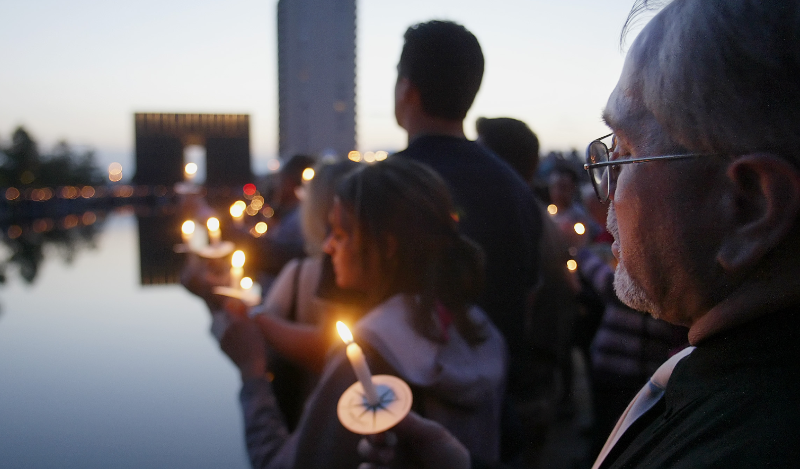April 1, 2019
Doubting Disbelievers: A New Approach to Measuring Religious Uncertainty

Key Points
- Most Americans believe in God, but doubts are more common than is often reported. Nearly half (46 percent) of the public express some amount of uncertainty about the existence of God.
- Nonbelievers have doubts about God too. More than one-quarter of atheists report that they are not completely certain that God does not exist. Atheists express greater doubts about the existence of God than white evangelical Protestants do.
- Religious doubting is particularly common among young adults. About only one-third (34 percent) of young people believe in God and are certain about their beliefs. Nearly 6 in 10 young adults express some degree of uncertainty about God’s existence.
Introduction
A belief in God is among the most common religious beliefs held by the public. It is a belief that transcends most religious affiliations, including those who report having none. Theistic belief has also been quite stable over time even as the US has experienced an unprecedented amount of cultural and demographic change.
By most measures, roughly 9 in 10 Americans report believing in God or a universal spirit. However, perspectives on God are incredibly varied. A recent report by the Pew Research Center documented the diversity of beliefs about God, including the nature of God and God’s role in human affairs.1
There are also stark differences in the degree to which Americans are certain about their religious beliefs. Early measures of theistic belief that offered binary response options to questions about God conveyed a level of certainty that subsequent research efforts began to question. A new research approach finds that doubts about God are even more prevalent than previous surveys suggest—a pattern that is evident among believers and nonbelievers alike.
Notes
1. The Pew Research Center, “When Americans Say They Believe in God, What Do They Mean?,” April 25, 2018, http://www.pewforum.org/2018/04/25/when-americans-say-they-believe-in-god-what-do-they-mean/.








